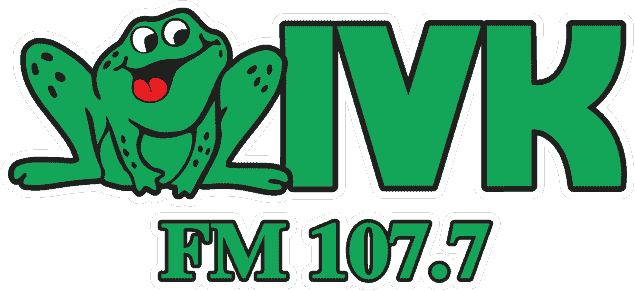
The Tennessee Department of Transportation (TDOT) announces the launch of Project Milkweed, a new mail-order resource aimed at restoring and preserving habitats for monarch butterflies and other pollinator species across Tennessee. Project Milkweed provides free native milkweed seeds to Tennesseans upon completion of an online form. Orders are taken on a rolling basis and will be fulfilled during September and October just in time for fall planting. To order seeds, get planting tips, and learn more about the benefits of milkweed, visit https://tnpollinators.org/milkweed/
“Pollinators are vital to life, growing food, and the economy of Tennessee,” TDOT Commissioner Butch
Eley said. “This effort is an excellent way to educate the public about their critical importance and the threats they face and expand pollinator-friendly practices from TDOT-owned rights-of-way to neighborhood backyards.”
Contrary to its name, milkweed is a flowering plant that serves a critical role as a host plant in the lifecycle of monarch butterflies. Host plants are necessary for the survival and growth of another organism. Milkweed provides a place for monarchs to lay their eggs and serves as food for their larvae and caterpillars. The natural toxins within the milkweed leave build-up in the body of the caterpillar and give the adult butterfly a bitter taste for protection against predators. Both the monarch butterfly population and milkweed habitats have experienced a 90% decline since 1992, and efforts like Project Milkweed are critical to restoring these pollinators and host plants.
Project Milkweed is a subset of TDOT’s Pollinator Habitat Program, a partnership between multiple state agencies and nonprofits that aims to conserve native pollinators and pollinator habitats. Pollinators are more diverse than just bees and butterflies and can include birds, bats, beetles, moths, and more. They are important not only for the growth of native wildflowers but also contribute an estimated $24 billion to the economy by pollinating food crops. Pollinators around the world are experiencing large population declines because of habitat loss, disease, pesticide use, and changing climate.
This announcement is made in conjunction with National Pollinator Week; a nationwide celebration and awareness effort that calls attention to the steps everyone can take to protect and restore pollinator populations. More information about National Pollinator Week can be found at https://www.pollinator.org/pollinator-week




















